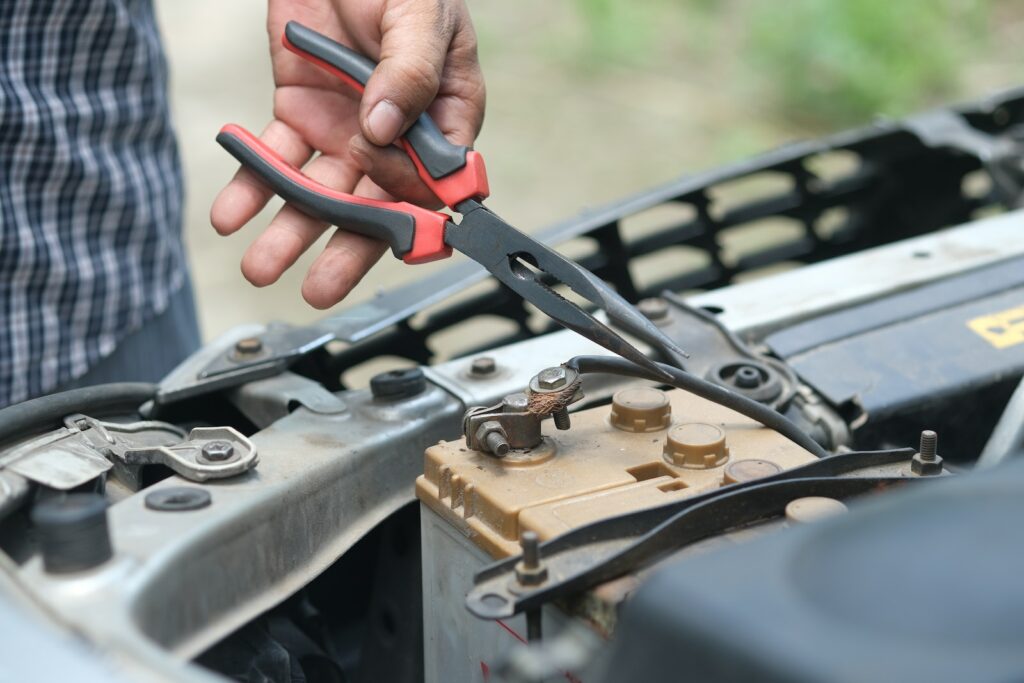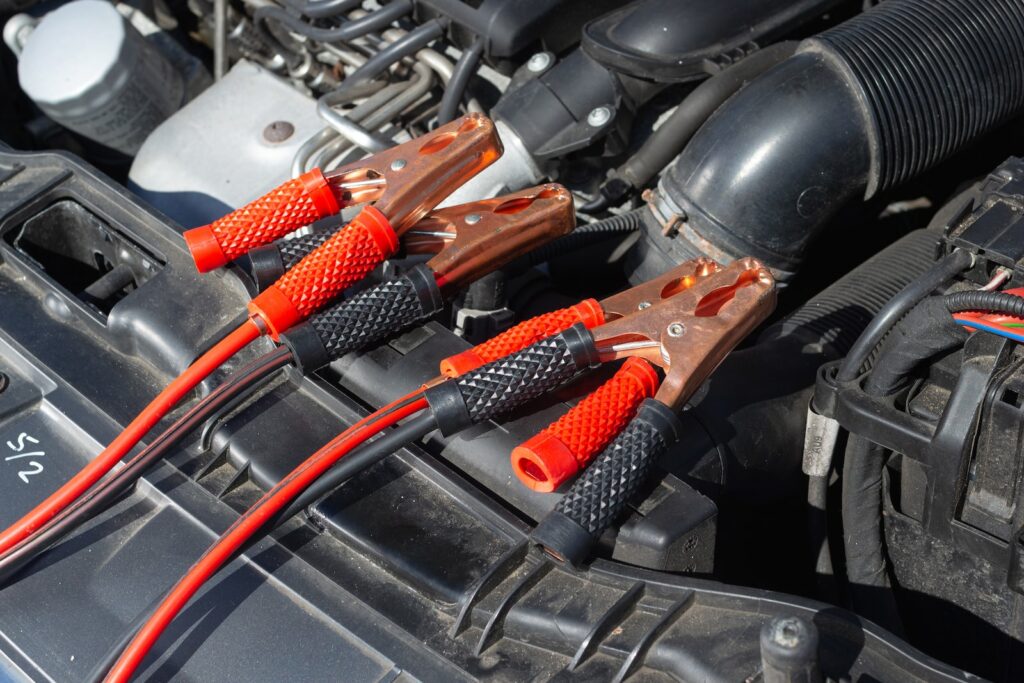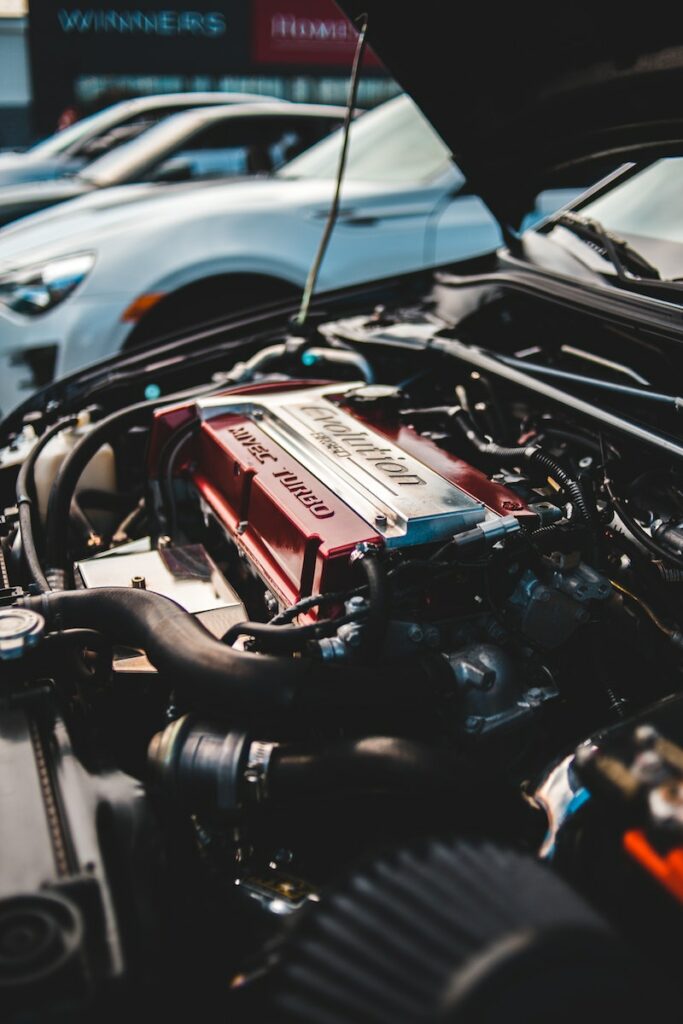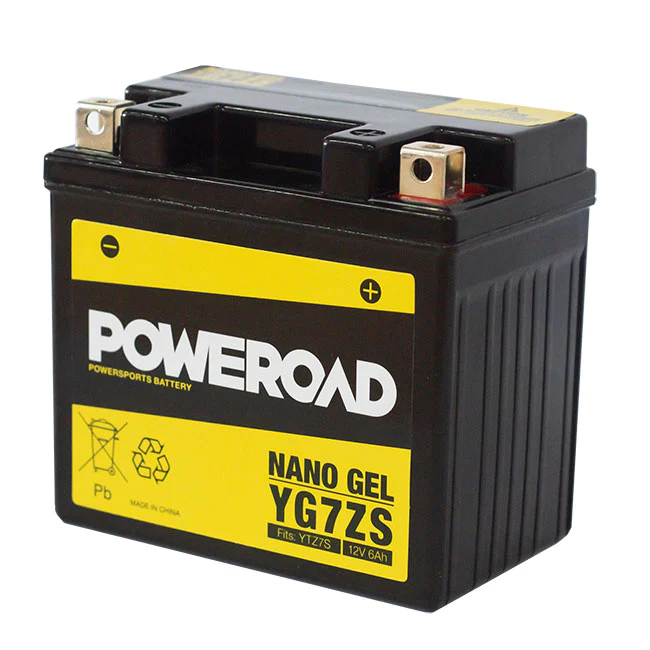Car batteries are an essential component of any vehicle, as they provide the power needed to start the engine and run the electrical systems. There are several different types of car batteries available on the market, each with their own set of pros and cons. Understanding the different types of car batteries and their uses is important for making an informed decision when choosing a battery for your vehicle. In this article, we will explore the most common types of car batteries and their characteristics, to help you choose the right one for your needs.
Lead-Acid Car Batteries
Lead-acid car batteries are the most common type of car battery, and have been in use for over a century. They consist of lead plates immersed in a mixture of water and sulfuric acid, which creates an electric current when the lead plates are discharged. Lead-acid batteries have a relatively low cost, and are available in a wide range of sizes and capacities to suit different vehicles and uses.
Advantages:
Lead-acid batteries are relatively inexpensive and widely available. They also have a long service life, and can last for several years with proper care and maintenance.
Disadvantages:
Lead-acid batteries are heavy, which can make them difficult to install and remove. They are also sensitive to extreme temperatures and require regular maintenance, such as adding distilled water to the battery to keep the plates submerged. Also, lead-acid batteries have a lower energy density than other types of batteries, which means they are not as efficient at storing energy.
Maintenance:
To ensure that your lead-acid battery lasts for as long as possible, it’s important to keep it clean and properly maintained. This includes keeping the terminals clean and free from corrosion, keeping the battery securely mounted in the vehicle, and making sure the battery is charged at all times.
Other Types of Car Batteries
Other types of car batteries include:
-Lithium-Ion car batteries:
They are lighter in weight compared to lead-acid batteries, and have a higher energy density, which means they can store more energy in a smaller package. This can make them more convenient for use in smaller or electric vehicles, which do not require as much power to operate. However, Lithium-ion batteries are more expensive than lead-acid batteries and have a shorter life span.
-Absorbed Glass Mat (AGM) batteries:
They are a variation of lead-acid batteries, but have a different construction, with the electrolyte being absorbed into glass mats between the lead plates, which makes the battery more durable and maintenance-free. They are also sealed and can be used in any position. AGM batteries are more expensive than conventional lead-acid batteries and typically have a shorter life span.
-Nickel-Metal Hydride Batteries:
They are also another type of rechargeable battery, similar to Lithium-ion batteries in terms of weight, but they have lower energy density. They are mostly used in hybrid cars, but also have a shorter lifespan and are more expensive.
Why Car Batteries are Important:
Car batteries are essential for the proper functioning of a vehicle. Without a battery, the engine would not be able to start and the electrical systems, such as the lights, radio, and power windows, would not work. A dead battery can leave you stranded and unable to start your car, which can be frustrating and costly.
In summary, the type of car battery you choose will depend on your specific needs and the requirements of your vehicle. Lead-acid batteries are the most common and widely available, and are a good choice for most vehicles. However, if you’re looking for a more lightweight and efficient battery, lithium-ion, AGM or nickel-metal hydride batteries may be a better option. It’s important to weigh the pros and cons of each type of battery and consider factors such as cost, service life, and maintenance requirements when making your decision.
When using a car battery, it’s important to handle it with care and follow safety precautions. Always wear protective gear, such as gloves and safety glasses, when handling a battery. Always read the instructions that come with the battery and follow the manufacturer’s recommendations for use and maintenance. It’s also important to properly dispose of a battery, as they contain toxic materials that can be harmful to the environment if not disposed of correctly.
In conclusion, choosing the right car battery for your vehicle is important for ensuring that your vehicle runs smoothly and reliably. Understanding the different types of car batteries available, their pros and cons and proper maintenance of them, is key to making an informed decision. When in doubt, it is always a good idea to consult a professional mechanic or dealership to help determine the best option for your specific needs.




